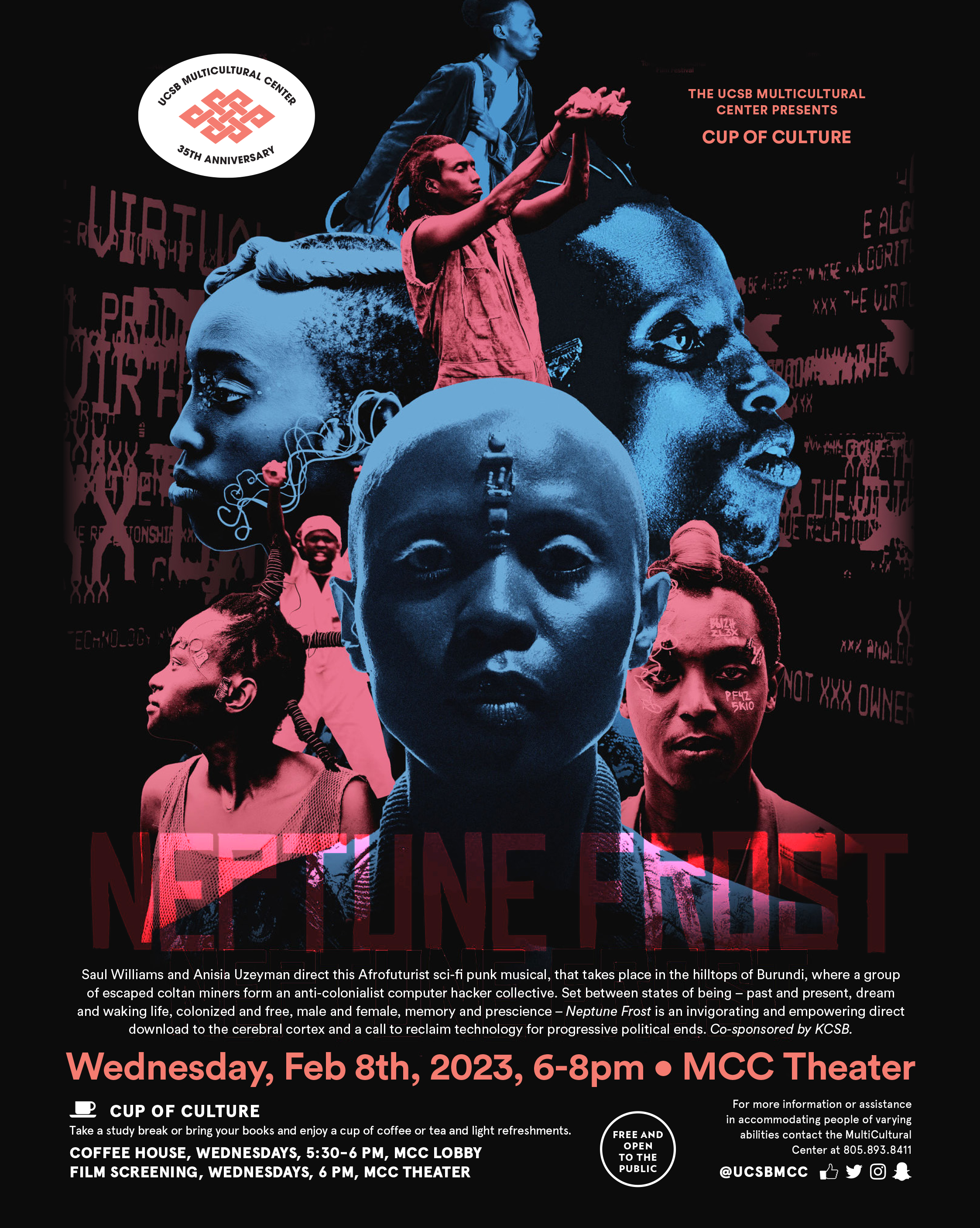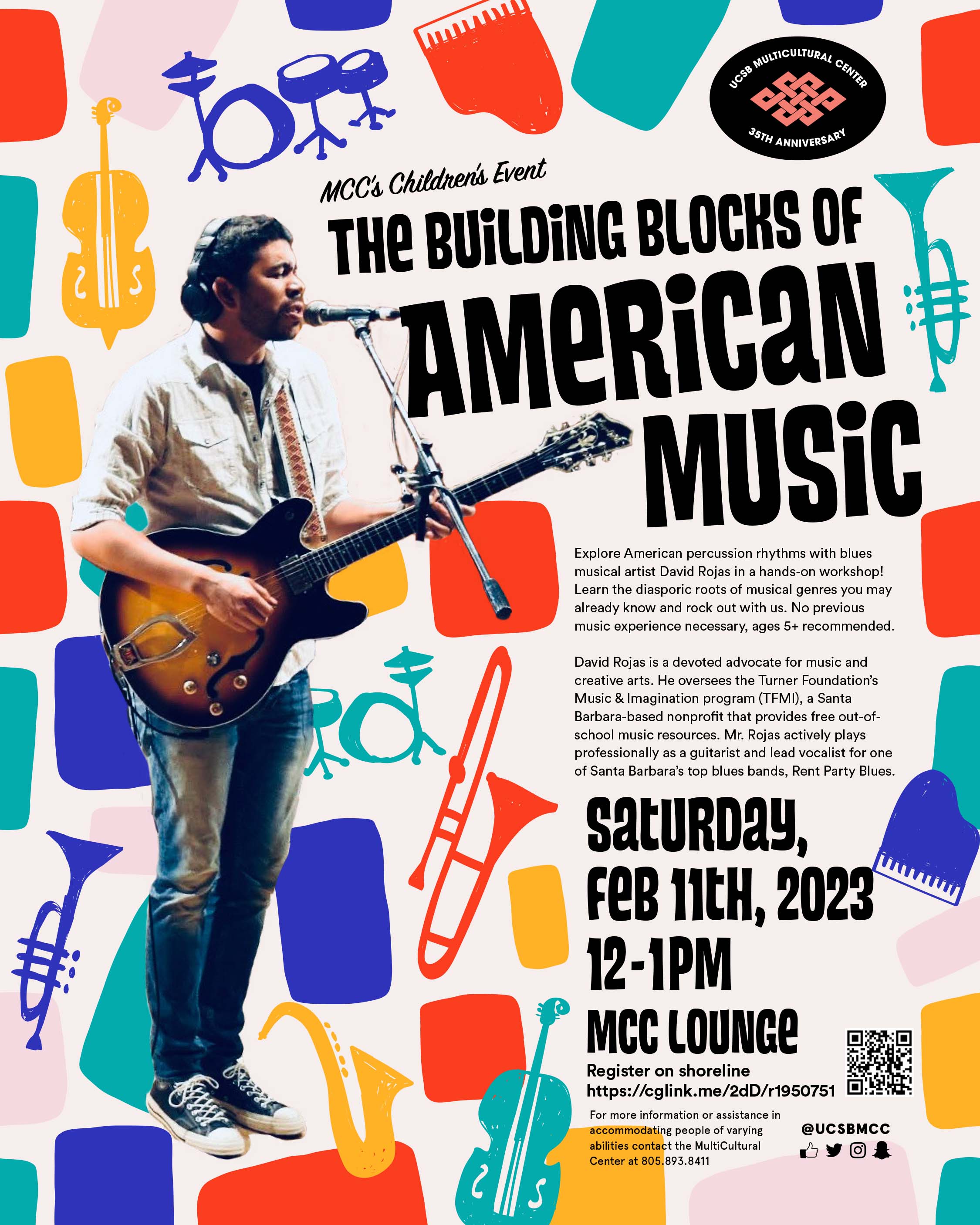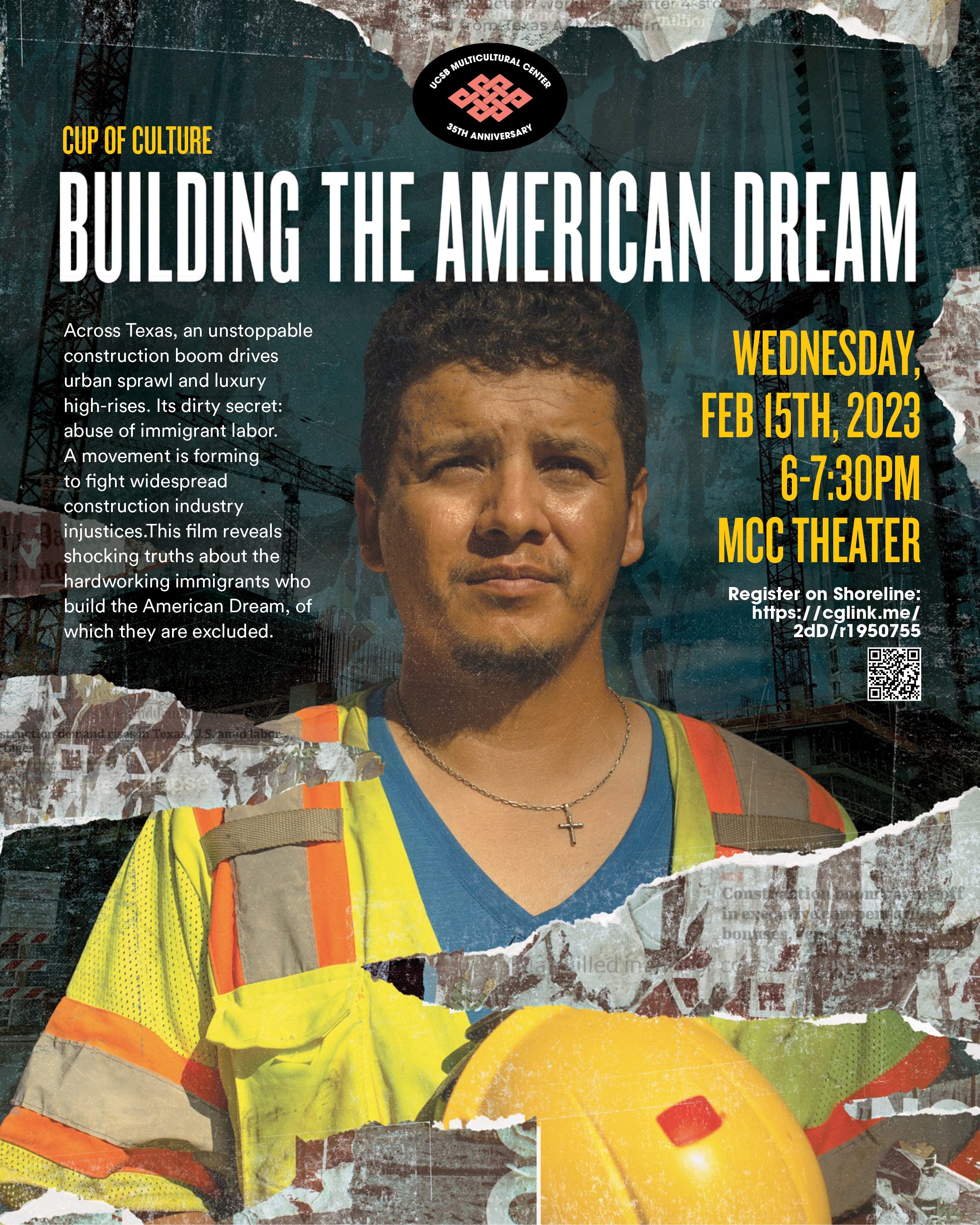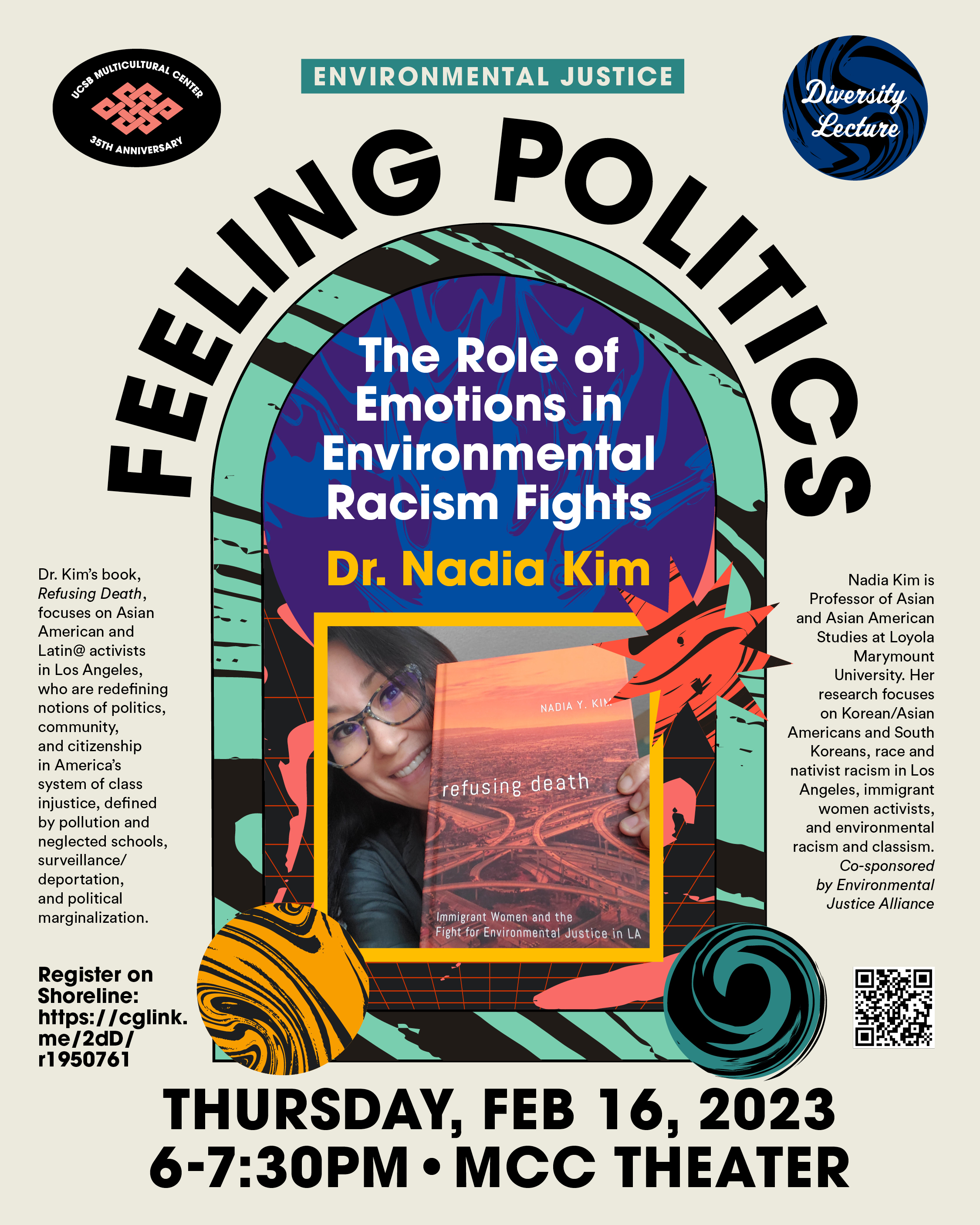All Events

Cup of Culture
Neptune Frost
MCC Theater
Multi-hyphenate, multidisciplinary artist Saul Williams brings his unique dynamism to this Afrofuturist vision, a sci-fi punk musical that’s a visually wondrous amalgamation of themes, ideas, and songs that Williams has explored in his work, notably his 2016 album MartyrLoserKing. Co-directed with the Rwandan-born artist and cinematographer, Anisia Uzeyman, the film takes place in the hilltops of Burundi, where a group of escaped coltan miners form an anti-colonialist computer hacker collective. From their camp in an otherworldly e-waste dump, they attempt a takeover of the authoritarian regime exploiting the region's natural resources – and its people. When an intersex runaway and an escaped coltan miner find each other through cosmic forces, their connection sparks glitches within the greater divine circuitry. Set between states of being – past and present, dream and waking life, colonized and free, male and female, memory and prescience – Neptune Frost is an invigorating and empowering direct download to the cerebral cortex and a call to reclaim technology for progressive political ends.
Co-sponsor: KCSB

Children's Event: The Building Blocks of American Music
David Rojas
MCC Lounge
This Children's Event will explore American percussion rhythms with blues musical artist David Rojas in a hands-on workshop! Learn the diasporic roots of musical genres you may already know and rock out with us in the MCC Lounge. No previous music experience necessary, ages 5+ recommended.
Speaker Bio: Recognized by colleagues and friends as an established professional musician and dedicated director of music programs, David Rojas has developed an exceptional leadership profile founded on being a devoted advocate for music and creative arts. Mr. Rojas oversees the Turner Foundation’s Music & Imagination program (TFMI), a Santa Barbara-based nonprofit that provides a free out-of-school resource that actively engages young peoples’ imagination through music education. Along with his role as Director of TFMI, Mr. Rojas actively plays professionally as a guitarist and lead vocalist for one of Santa Barbara’s top blues bands called, Rent Party Blues. Lastly, Mr. Rojas currently serves on the board of The Santa Barbara Blues Society and assists with hosting community blues music events where he enjoys teaching the history of blues and its influence on America's popular music.

Cup of Culture
Building the American Dream
MCC Theater
Across Texas, an unstoppable construction boom drives urban sprawl and luxury high-rises. Its dirty secret: abuse of immigrant labor. BUILDING THE AMERICAN DREAM captures a turning point as a movement forms to fight widespread construction industry injustices. Grieving their son, a Mexican family campaigns for a life-and-death safety ordinance. A Salvadorian electrician couple owing thousands in back pay fights for their children’s future. A bereaved son battles to protect others from his family's preventable tragedy. A story of courage, resilience, and community, the film reveals shocking truths about the hardworking immigrants who build the American Dream, of which they are excluded. 1 hour 15 minute

Diversity Lecture
Feeling Politics: The Role of Emotions in Environmental Racism Fights
Dr. Nadia Kim
MCC Theater
Dr. Kim’s book, Refusing Death, examines race, class, gender, and citizenship with respect to the growing social phenomenon of marginalized and unauthorized immigrants – especially women and youth – making political inroads by way of grassroots activism, at times, sidestepping the need for formal political channels. By way of nearly four years of ethnographic observation, in-depth interviews, and document analysis of Asian American and Latin@ environmental justice activism in the industrial-port belt of Los Angeles, she finds that these mostly female immigrant activists view their work as much more than an effort to spare their children’s lungs from the grey exhaust plumes of cargo ships and oil refineries; they are also redefining notions of politics, community, and citizenship in the face of America’s nativist racism and its system of class injustice, defined by disproportionate pollution and neglected schools, surveillance/deportation, and political marginalization. By inventively dovetailing all of these dimensions, the women show that they are highly conscious of how environmental and educational harms are an assault on their bodies and emotions; hence, they center embodied and affective strategies to uniquely challenge the neoliberal state’s neglect and betrayal and, ultimately, to refuse death.
Short Bio: Nadia Kim is Professor of Asian and Asian American Studies (and, by courtesy, Sociology) at Loyola Marymount University. Her research focuses on US race and citizenship injustices concerning Korean/Asian Americans and South Koreans, race and nativist racism in Los Angeles (e.g., 1992 LA Unrest), immigrant women activists, environmental racism and classism, and comparative racialization of Latinxs, Asian Americans, and Black Americans. Throughout her work, Kim’s approach centers on (neo)imperialism, transnationality, and the intersectionality of race, gender, class, and citizenship. Kim is author of the multi-award-winning Imperial Citizens: Koreans and Race from Seoul to LA (Stanford, 2008); of multi-award-winning Refusing Death: Immigrant Women and the Fight for Environmental Justice in LA (Stanford, 2021); and award-winning journal articles on race and assimilation and on racial attitudes. In part as a UCSB undergraduate, Kim has long organized on issues of immigrant rights, affirmative action, and environmental justice, some of which she has incorporated into her research. She and/or her work have also appeared (inter)nationally on National/Southern California Public Radio, Red Table Talk, Radio Korea, The Washington Post, The Boston Globe, The Korea Times, NYLON Magazine, and The Chronicle of Higher Education.
Co-Sponsors: Environmental Justice Alliance, Office of Equal Opportunity & Discrimination Prevention, and Office of Diversity, Equity, and Inclusion
